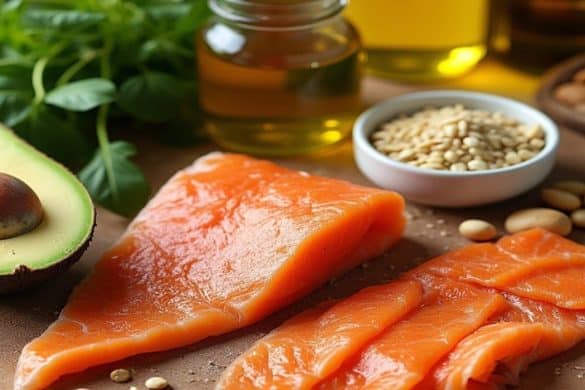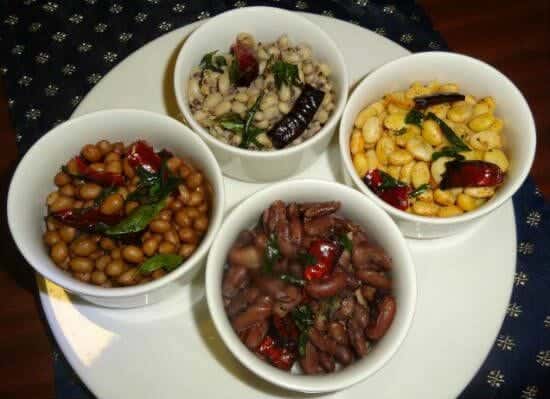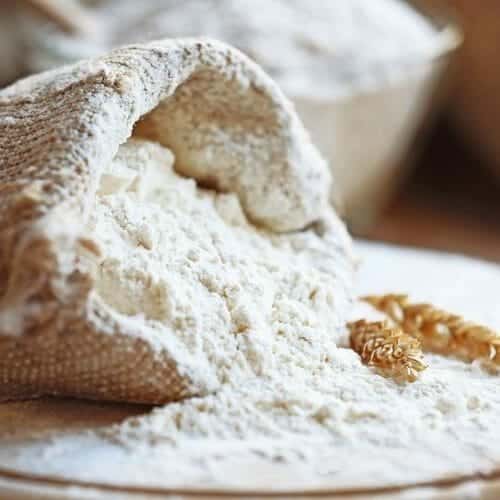Paneer isn’t just that yummy stuff in your tikka or paratha – it’s actually a full-on superfood! From helping you build muscle to keeping your bones strong and boosting your iron levels, paneer’s got your back.
It’s loaded with protein, calcium, and other good-for-you minerals. Want to manage weight, balance blood sugar, or just eat clean without guilt? Paneer fits right in. Low on fat, high on nutrition – total win-win.
Got late-night hunger pangs or random muscle cramps? The amino acids in paneer help play a key role in regulating your mood and metabolism, too. No wonder it’s a daily staple in so many Indian homes.
Let’s explore the many paneer benefits – one soft, delicious cube at a time!
Paneer on Paper: The Nutritional Value You Didn’t Know You Needed
Paneer isn’t just a flavour-boosting favourite – it’s a nutritional ninja hiding behind a creamy texture. If you’ve ever wondered what’s really inside that innocent-looking cube, here’s your answer. Spoiler alert: it’s a lot more than fat.
Nutritional Value of 100g Paneer:
| Nutrient | Amount |
| Energy | 265 kcal |
| Protein | 18.3 g |
| Fat | 20.8 g |
| Carbohydrate | 1.2 g |
| Calcium | 208 mg |
| Phosphorus | 138 mg |
| Magnesium | 10 mg |
| Vitamin A | 210 µg |
What Does That Actually Mean?
- High protein, low carbs = win-win for your abs and appetite.
- The benefits of eating paneer extend to your bones (calcium), brain (phosphorus), and even skin (vitamin A).
- That 20g of fat? It includes the good kind – great in moderation, but portion control is key (hello, paneer benefits and side effects debate).
- Ideal for low-carb diets, diabetics, and anyone who likes their protein source delicious.
10 Amazing Health Benefits of Paneer: The Superfood Your Diet’s Been Missing
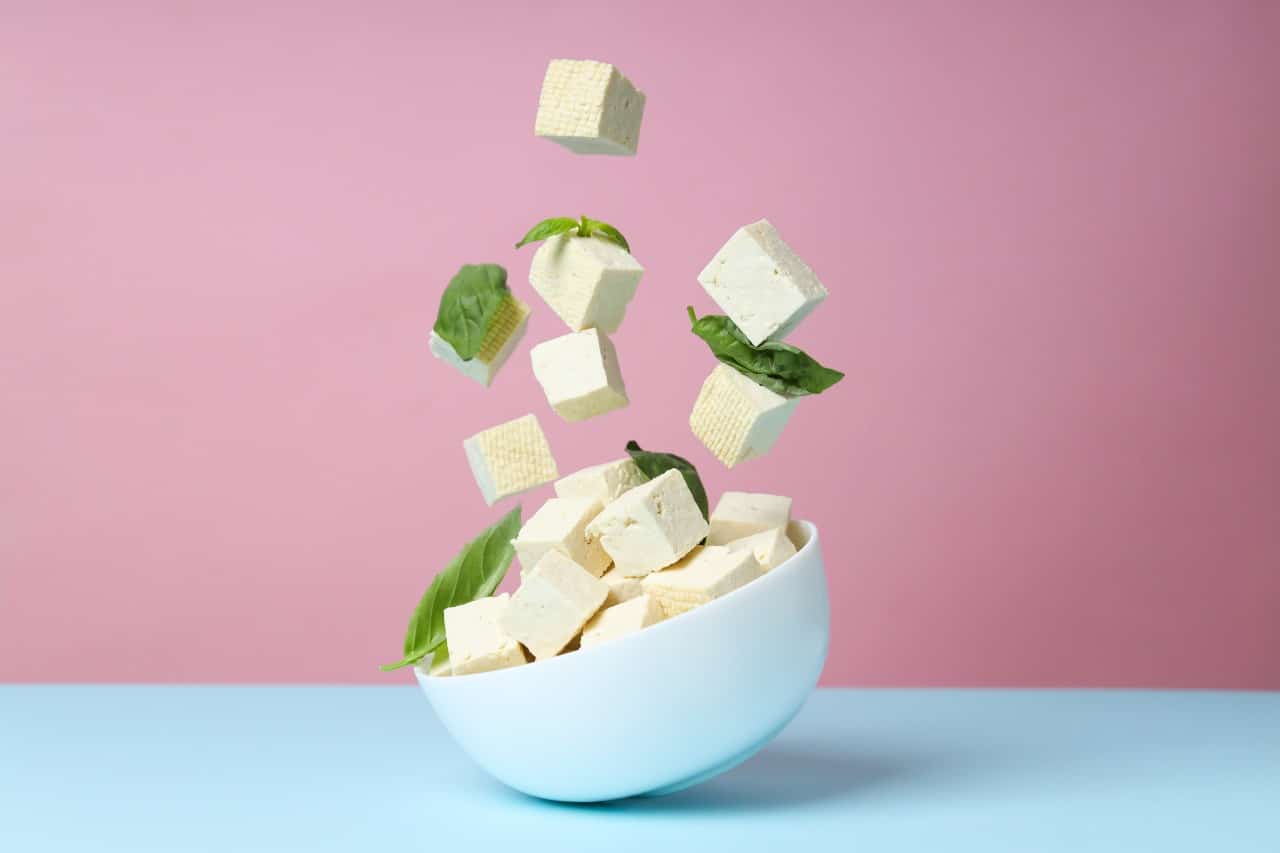
Cubes of paneer flying in air
Let’s face it – paneer isn’t just the star of your butter masala dreams; it’s also a quiet nutritional powerhouse in your fridge. Whether you enjoy it grilled, scrambled, or floating in a bowl of palak gravy, the paneer’s health benefits go far beyond taste. If you’re building muscle, tackling a calcium deficiency, or just looking to keep those random cravings in check, this humble Indian cottage cheese has your back.
Here’s a lowdown on the top paneer benefits and a few laugh-worthy moments (why should healthy eating be boring?).
1. A Protein Punch: Build Muscle Without the Meat
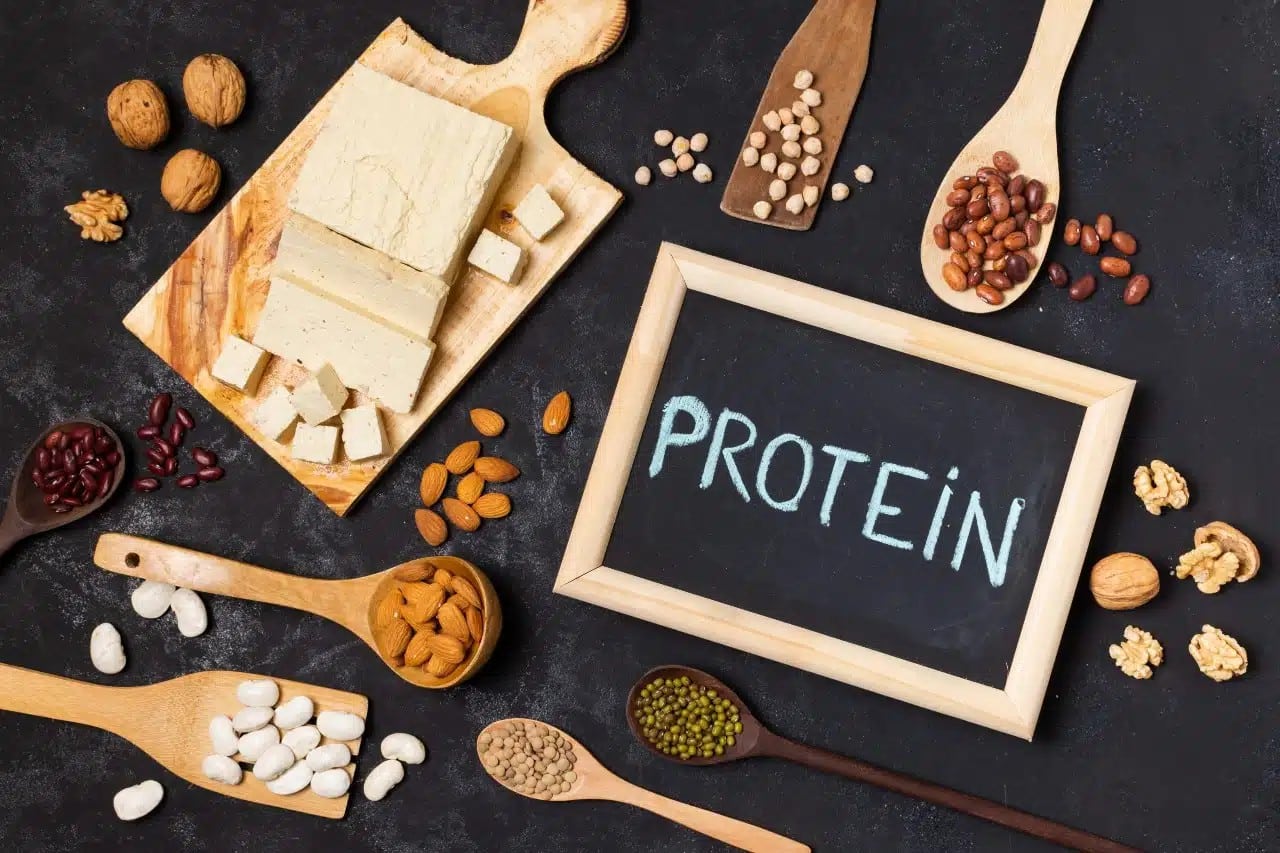
Rich in High Quality Protein
Need to boost your muscle mass without scarfing down grilled chicken? Paneer’s got you. Paneer is a rich source of protein content that provides all the essential amino acids your body needs for tissue repair and growth. It also helps you feel full for longer, making it an excellent choice for vegetarians. One serving can keep calories in check and help balance your blood glucose levels, key for managing insulin response and fighting fatigue.
Pro tip: If your evening snack is usually curd or a cookie, try eating raw paneer instead. It’s satisfying, low in grams of fat, and won’t spike your sugar like a doughnut does.
Also Read: Top 12 Protein-Rich Foods in Summer for a Healthy Diet
2. Strong Bones, Happy You
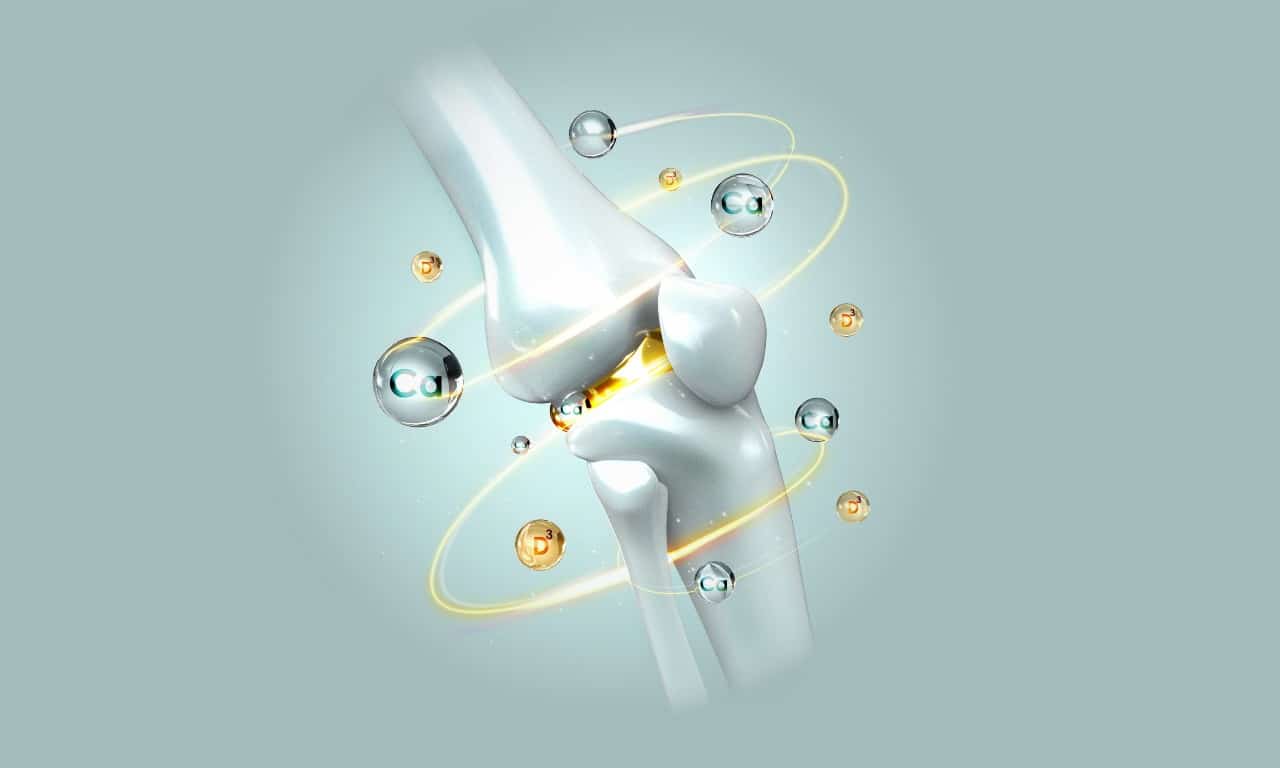
Bone joint
Strong bones don’t just come from popping calcium tablets. One of the lesser-known paneer benefits is that it’s packed with calcium and phosphorus, both super important for healthy bones, teeth, and even nerve function. Whether it’s growing kids or adults dealing with joint pain, regular plate paneers can help prevent fractures and keep bones strong. So next time you’re enjoying that paneer bhurji, just know – you’re doing your bones a big favour!
Pro Tip: Toss paneer cubes into a palak paneer curry for a double dose of calcium and iron – two minerals your bones love.
3. Secret Weapon for Weight Management

Supports Weight Management
Paneer isn’t just tasty – it’s smart. Thanks to its high protein and healthy fat content, it promotes satiety and reduces binge eating (yes, even during midnight snack crises). It helps stabilise blood glucose levels and fits seamlessly into a weight loss diet. The best part? You get sustained energy without the sugar crash.
Pro Tip: Add grilled paneer to salads or wrap it in lettuce for a low-carb lunch that fuels you without fluffing you up.
4. Paneer Loves Your Heart Too

Promotes Heart Health
Yes, paneer benefits your heart health when eaten in moderation. It’s rich in potassium, magnesium, and CLA (conjugated linoleic acid), which help lower bad cholesterol and regulate blood pressure. Additionally, paneer also contains tryptophan which aids in the production of serotonin. So while paneer has some grams of fat, it’s the good kind that may reduce your cardiovascular disease risk.
Pro Tip: Skip the deep-frying and opt for baked or sautéed paneer to protect your heart (and still please your taste buds). Curious what others have to say about paneer? Check out this Reddit Thread where it’s being discussed from all angles.
5. Easy on the Tummy, Great for Digestion

Smiling woman showcasing healthy digestion illustration
Unlike many dairy products, Indian cottage cheese is easy on the stomach. Paneer’s fermentation process makes it lighter, and it helps support a balanced gut microbiome. The mix of protein and fat also slows digestion, avoiding post-meal blood sugar spikes – great for anyone with insulin sensitivity or diabetes.
Pro Tip: Struggling with bloating? Try eating raw paneer with a dash of black salt – it’s a quick gut-friendly fix that doubles as a mid-day snack.
6. Strengthens Your Immune System

immune system
Paneer doesn’t just flex muscles – it also strengthens your immune system by promoting the operation of immune cells. One of the lesser-known paneer health benefits is its rich supply of zinc, selenium, and vitamin D – all crucial for fending off infections and reducing oxidative stress. When your body’s defense squad of immune cells is fully loaded, everything from common colds to cell damage has less room to thrive.
Pro Tip: Add paneer to your evening curry with turmeric for a double immunity boost.
7. Blood Sugar Buddy

Good for Diabetes Management
If you balance meals and blood glucose levels, paneer is a diabetic’s delight. Thanks to its low lactose and high protein profile, it slows digestion and keeps sugar levels from spiking after meals, without excess sugar. It also tackles those random 4 p.m. cravings, helping you snack smart and stay full longer.
Pro Tip: Make a quick diabetic-friendly tikka by grilling paneer with bell peppers and a pinch of chaat masala – zero guilt, zero crash.
Also Read: List of Foods for Diabetics: 21 Superfoods for Better Health
8. Paneer Benefits for Skin & Hair That’ll Make You Glow

skin boost
Want to glow without filters? Let’s talk about paneer benefits for skin health. The proteins in paneer aid collagen production, keeping your skin plump, bouncy, and wrinkle-resistant. It’s also packed with vitamin B2, B12, and E, which are hair heroes – helping reduce hair fall, boost shine, and promote growth.
Pro Tip: Combine the benefits of palak paneer by making a green smoothie with spinach and raw paneer – beauty from the inside out (and no blender tantrums).
9. Mama-To-Be? Paneer’s Got Your Back (and Bump)

Smiling pregnant woman sitting on a sofa
Pregnant? Paneer to the rescue. It’s loaded with calcium, protein, and phosphorus, which support the baby’s bone, brain, and tissue development. Plus, vitamin B12 in paneer helps prevent iron deficiency and keeps muscle cramps and fatigue in check in pregnant women during pregnancy.
Pro Tip: Add soft paneer cubes to your breakfast paratha or paneer roll – it’s one of the most comforting and nutritious meals during those craving-filled months.
10. Flavour + Function
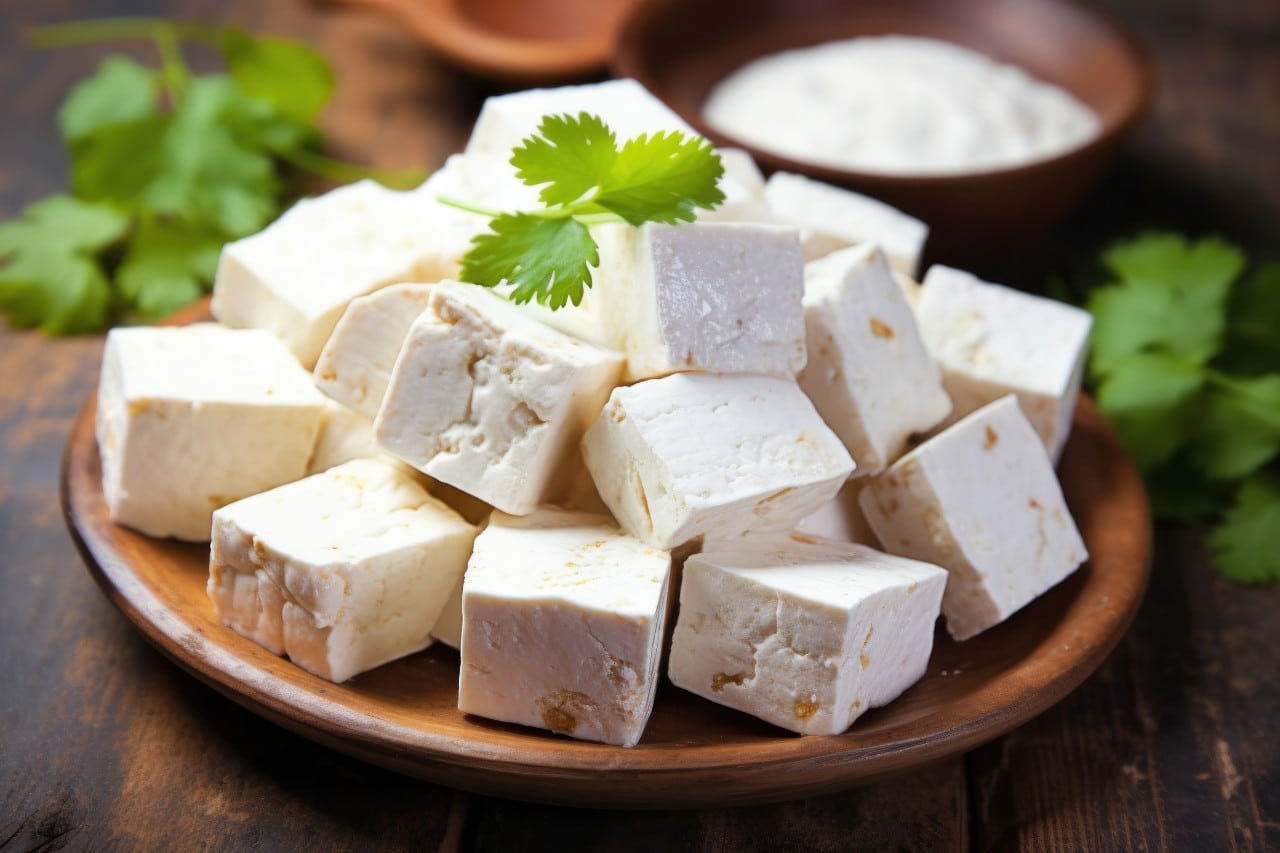
Paneer cubes in a bowl dressed with corriander
Grilled, sautéed, crumbled, or eaten raw – paneer fits into nearly every dish. That’s what makes it a true nutritional superfood. Whether it’s in a spicy curry, a protein-rich salad, or a cheeky late-night wrap, you’re always getting a bite full of paneer benefits. In fact, every 100 grams of paneer supports weight loss, muscle mass, skin glow, and overall nutrition.
Pro Tip: For the full experience, rotate how you eat it. Eating raw paneer, cooked paneer, and, of course, palak paneer all offer different health benefits.
How to Eat Paneer Without Getting Bored?
You don’t have to eat the same curry every day. The beauty of paneer is in its versatility:
- Toss it raw into a salad (yes, the benefits of eating raw paneer are legit).
- Blend it into a smoothie for a high-protein punch (seriously, try it with banana and cinnamon).
- Make palak paneer or paneer butter masala – a tasty way to sneak in greens and flavour.
- Crumble it into paneer bhurji, tuck it into parathas, or grill it for tikka night.
- Watching calories? Opt for low-fat paneer or make your own at home with skim milk.
Bonus Tip:
Paneer also moonlights in desserts like rasgulla and sandesh, so yes – you can have your protein and eat it too.
Final Bite: Why Paneer Deserves a Spot in Your Daily Diet
So there you have it – paneer benefits go way beyond filling a curry. From strong bones and better digestion to immunity boosts and blood sugar control, the paneer health benefits make it an excellent addition to various dishes and any balanced diet. Whether you enjoy eating raw paneer, grilled skewers, or a bowl of curd and cubes, this ingredient earns its title as a nutritious meal enhancer in homes across India.
Now go on – give your fridge a reason to feel smug. Add paneer to the shopping list.
Frequently Asked Questions
Can paneer be consumed daily?
Yes, raw paneer can be consumed daily in moderate quantities as part of a balanced diet. Its low level of lactose makes it suitable for some lactose-intolerant individuals. It provides essential nutrients like protein, calcium, and vitamins. However, those with dietary restrictions or specific health conditions, such as lactose intolerance or high cholesterol, should consult a healthcare professional.
Can lactose-intolerant individuals eat paneer?
Mildly lactose-intolerant individuals may consume paneer in small quantities as it contains lower lactose levels than other dairy products. It’s advisable to start with small portions and monitor your body’s response.



